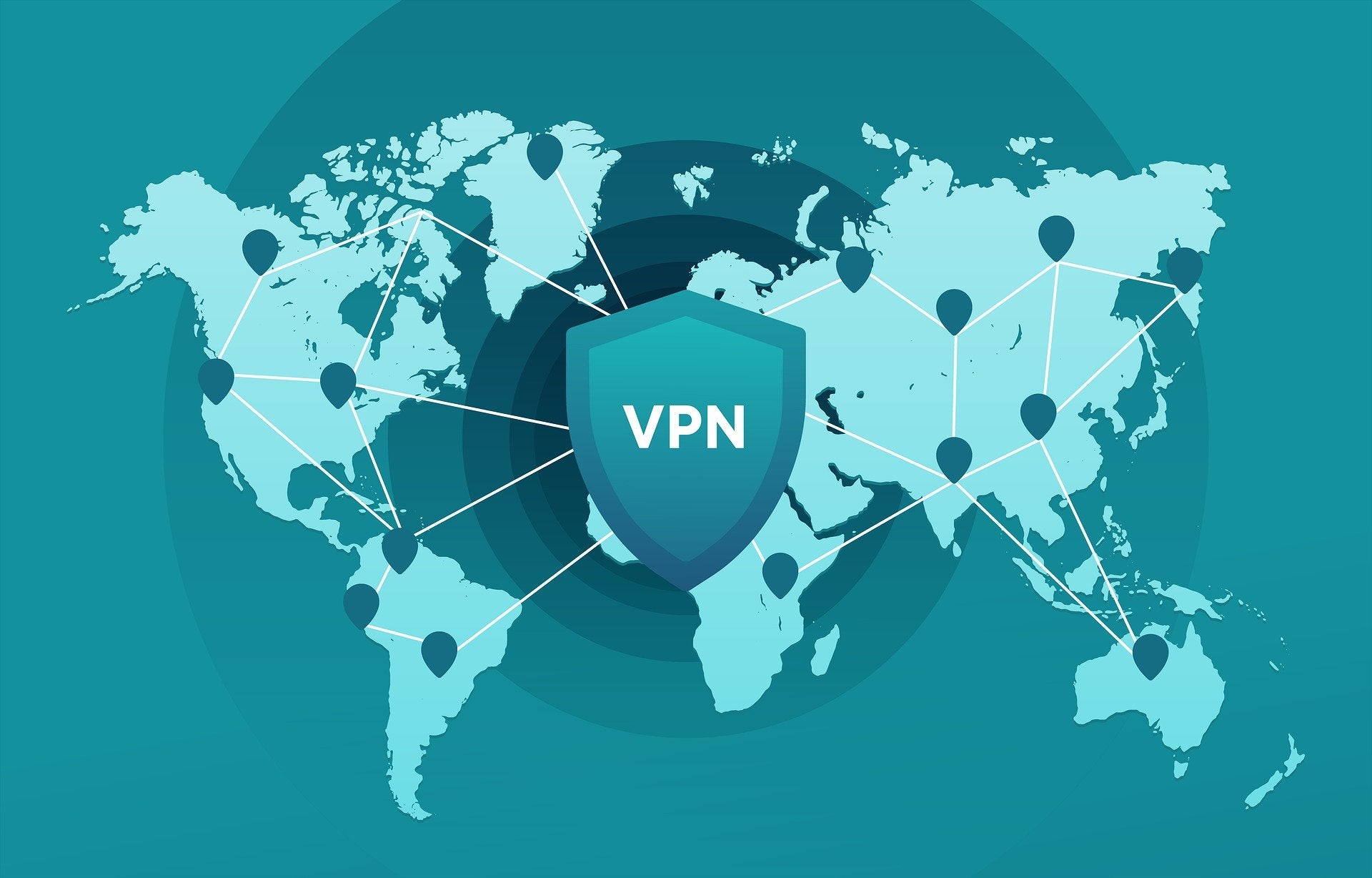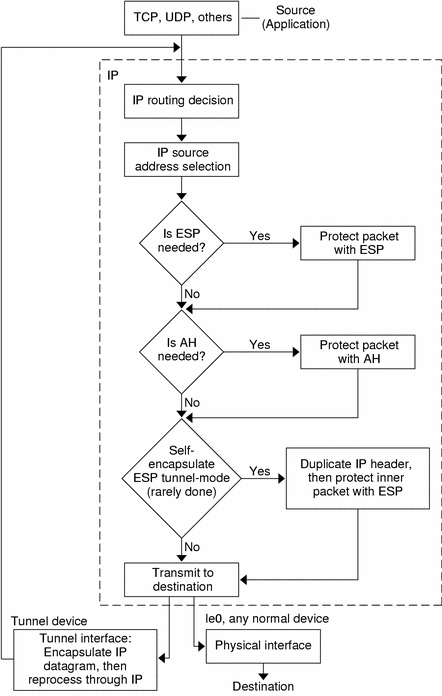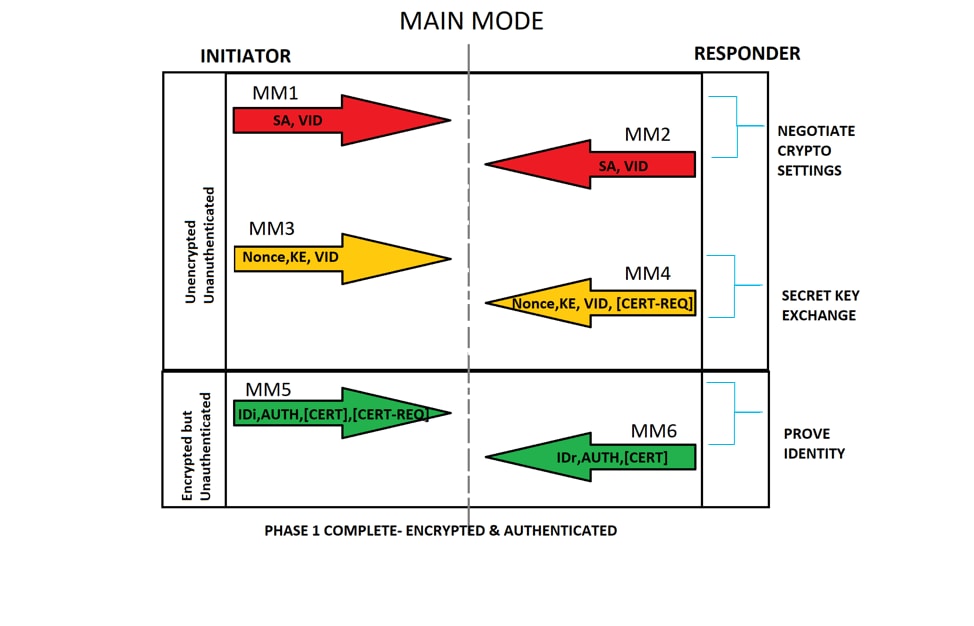Featured
Table of Contents
What Is Ipsec? - How Ipsec Vpns Work
IPsec confirms and encrypts data packets sent out over both IPv4- and IPv6-based networks. IPsec protocol headers are found in the IP header of a package and define how the information in a packet is handled, including its routing and delivery throughout a network. IPsec adds numerous components to the IP header, consisting of security info and one or more cryptographic algorithms.

ISAKMP is specified as part of the IKE protocol and RFC 7296. It is a structure for crucial facility, authentication and settlement of an SA for a protected exchange of packages at the IP layer. In other words, ISAKMP defines the security criteria for how 2 systems, or hosts, communicate with each other.
They are as follows: The IPsec process starts when a host system acknowledges that a packet needs security and ought to be transmitted using IPsec policies. Such packages are considered "interesting traffic" for IPsec purposes, and they activate the security policies. For outgoing packages, this implies the proper encryption and authentication are applied.
Ipsec: A Comprehensive Guide - Techgenix
In the second step, the hosts utilize IPsec to negotiate the set of policies they will use for a secured circuit. They also authenticate themselves to each other and established a safe channel between them that is used to work out the method the IPsec circuit will encrypt or confirm information sent across it.

A VPN essentially is a private network carried out over a public network. VPNs are frequently utilized in organizations to allow employees to access their business network from another location.
Usually used in between secured network entrances, IPsec tunnel mode makes it possible for hosts behind one of the entrances to interact firmly with hosts behind the other gateway. Any users of systems in a business branch office can firmly connect with any systems in the primary workplace if the branch workplace and main office have safe entrances to act as IPsec proxies for hosts within the particular workplaces.
About Virtual Private Network (Ipsec) - Techdocs
IPsec transportation mode is used in cases where one host needs to connect with another host. The 2 hosts work out the IPsec circuit straight with each other, and the circuit is generally torn down after the session is total.
With an IPsec VPN, IP packets are safeguarded as they take a trip to and from the IPsec entrance at the edge of a personal network and remote hosts and networks. An SSL VPN safeguards traffic as it moves between remote users and an SSL gateway. IPsec VPNs support all IP-based applications, while SSL VPNs just support browser-based applications, though they can support other applications with custom-made development.
See what is finest for your organization and where one type works best over the other.
Ipsec (Internet Protocol Security) Vpn
Finally, each IPsec endpoint verifies the identity of the other endpoint it desires to interact with, ensuring that network traffic and information are only sent to the intended and allowed endpoint. Despite its excellent energy, IPsec has a couple of issues worth pointing out. First, direct end-to-end communication (i. e., transmission technique) is not always readily available.
The adoption of different regional security regulations in large-scale distributed systems or inter-domain settings might position extreme issues for end-to-end communication. In this example, presume that FW1 requires to inspect traffic content to identify intrusions which a policy is set at FW1 to reject all encrypted traffic so regarding impose its content assessment requirements.
Users who use VPNs to remotely access a personal service network are put on the network itself, giving them the exact same rights and functional abilities as a user who is linking from within that network. An IPsec-based VPN may be produced in a variety of methods, depending on the requirements of the user.
What Is Internet Protocol Security (Ipsec)?
Due to the fact that these components may stem from numerous suppliers, interoperability is a must. IPsec VPNs enable smooth access to enterprise network resources, and users do not necessarily need to utilize web access (gain access to can be non-web); it is therefore an option for applications that need to automate interaction in both ways.
Its framework can support today's cryptographic algorithms as well as more powerful algorithms as they appear in the future. IPsec is a mandatory component of Web Protocol Version 6 (IPv6), which companies are actively deploying within their networks, and is strongly suggested for Web Protocol Variation 4 (IPv4) applications.
It supplies a transparent end-to-end secure channel for upper-layer procedures, and implementations do not need adjustments to those protocols or to applications. While possessing some drawbacks connected to its intricacy, it is a mature protocol suite that supports a variety of encryption and hashing algorithms and is highly scalable and interoperable.
What Are Ipsec Policies?
Like VPNs, there are many ways a Zero Trust model can be executed, but options like Twingate make the procedure substantially simpler than having to wrangle an IPsec VPN. Contact Twingate today to read more.

IPsec isn't the most common web security protocol you'll use today, but it still has an essential function to play in protecting web communications. If you're utilizing IPsec today, it's most likely in the context of a virtual personal network, or VPN. As its name suggests, a VPN develops a network connection in between two machines over the general public web that's as secure (or almost as safe) as a connection within a private internal network: most likely a VPN's a lot of well-known use case is to enable remote staff members to access protected files behind a business firewall as if they were working in the workplace.
For the majority of this post, when we say VPN, we imply an IPsec VPN, and over the next a number of areas, we'll discuss how they work. A note on: If you're looking to establish your firewall software to allow an IPsec VPN connection, be sure to open UDP port 500 and IP ports 50 and 51.
Advantages And Disadvantages Of Ipsec - A Quick View

Once this has all been set, the transportation layer hands off the information to the network layer, which is mostly controlled by code running on the routers and other elements that comprise a network. These routers choose the path private network packages take to their destination, however the transportation layer code at either end of the interaction chain doesn't require to understand those information.
By itself, IP does not have any built-in security, which, as we noted, is why IPsec was established. IPsec was followed closely by SSL/TLS TLS stands for transportation layer security, and it includes securing communication at that layer. Today, TLS is constructed into practically all web browsers and other internet-connected applications, and is more than sufficient protection for daily web usage.
That's why an IPsec VPN can add another layer of security: it includes protecting the packages themselves. An IPsec VPN connection starts with facility of a Security Association (SA) in between two communicating computers, or hosts. In general, this involves the exchange of cryptographic keys that will enable the celebrations to secure and decrypt their interaction.
Latest Posts
5 Best Vpns For Mobile Data To Protect Your Privacy
Top Mobile Vpns For The Enterprise - Cso Online
Cisco Mobile Vpn